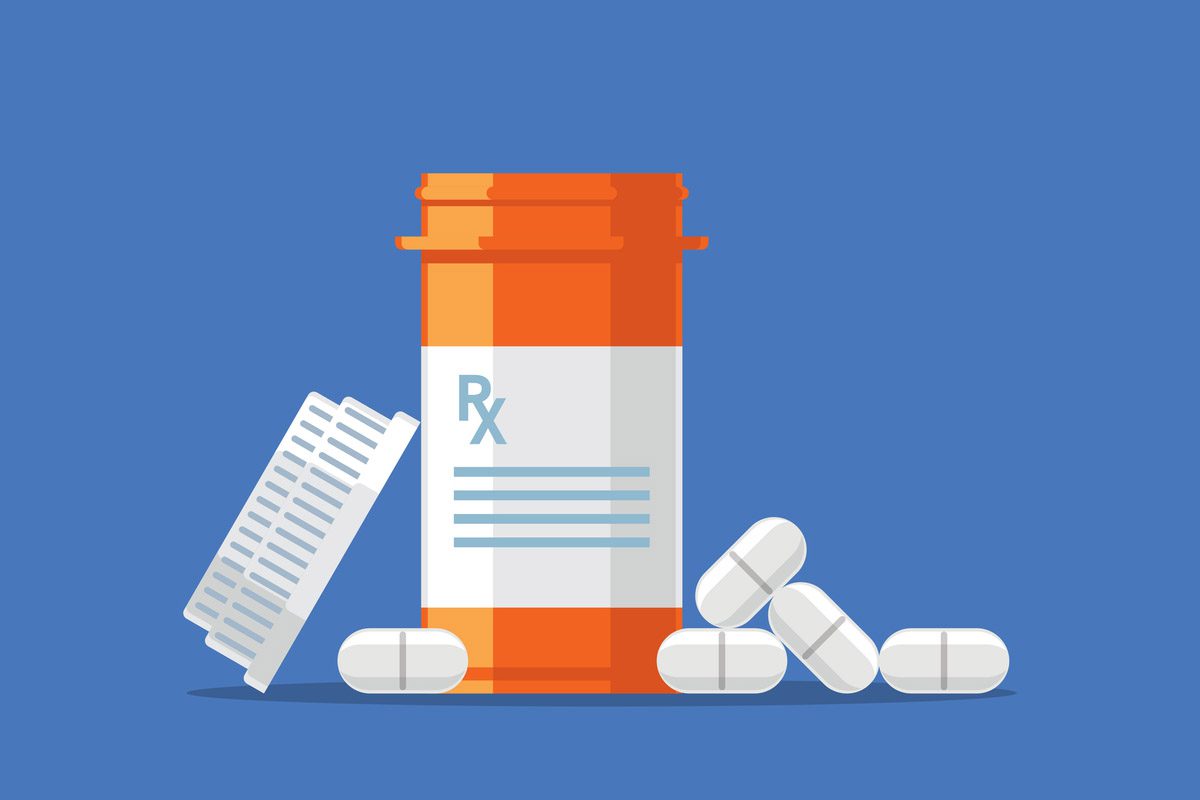Objective: Bipolar II disorder (BP-II) is associated with marked morbidity and mortality. Quetiapine, the treatment with greatest evidence for efficacy in BP-II depression, is associated with metabolic burden. Psychotherapy, a treatment with few side effects, has not been systematically evaluated in BP-II. This study compared psychotherapy plus placebo to psychotherapy plus pharmacotherapy as treatments for BP-II depression.
Methods: From 2010 to 2015, unmedicated adults (n = 92) with DSM-IV-TR BP-II depression were randomly assigned to weekly sessions of Interpersonal and Social Rhythm Therapy (IPSRT) plus placebo or IPSRT plus quetiapine and followed for 20 weeks.
Results: For primary outcomes, IPSRT + quetiapine yielded significantly faster improvement on 17-item Hamilton Depression Rating Scale (F1,115.4 = 3.924, P = .048) and greater improvement on Young Mania Rating Scale (F58.5 = 4.242, P = .044) scores. Both groups, however, improved significantly over time with comparable response rates (≥ 50% reduction in depression scores): 67.4% (62/92) in the entire sample, with no between-group differences. Those randomly assigned to their preferred treatment were 4.5 times more likely to respond (OR = 4.48, 95% CI = 1.20-16.77, P = .026). IPSRT + quetiapine assignment was associated with significantly higher body mass index over time (F67.96 = 6.671, P = .012) and rates of dry mouth (79% v. 58%; χ2 = 4.0, P = .046) and a trend toward more complaints of oversedation (100% vs 92%; χ2 = 3.4, P = .063).
Conclusions: IPSRT plus quetiapine resulted in greater symptomatic improvement but also more side effects than IPSRT alone. A subset of participants improved with IPSRT alone, although absence of an inactive comparator limits interpretation of this finding. Receipt of preferred treatment was associated with better outcomes. Harms, benefits, and preferences should be considered when recommending treatments for BP-II depression.
Trial Registration: ClinicalTrials.gov identifier: NCT01133821
Members Only Content
This full article is available exclusively to Professional tier members. Subscribe now to unlock the HTML version and gain unlimited access to our entire library plus all PDFs. If you're already a subscriber, please log in below to continue reading.
Please sign in or purchase this PDF for $40.00.
Already a member? Login





